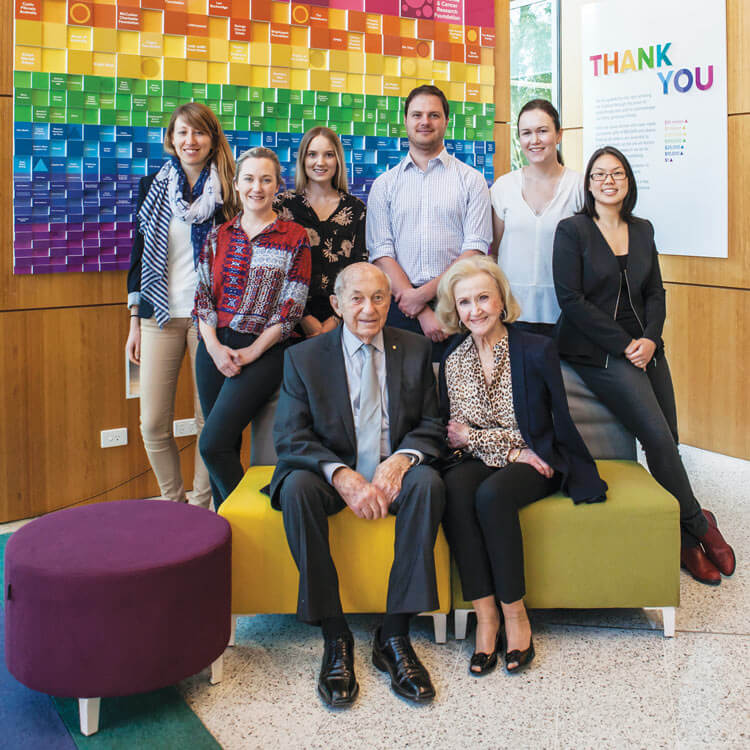Search
Search Giving at The Kids.

Philanthropically-minded members of the community are lending their support to The Kids Research Institute Australia’s up-and-comers.
The Journey Together initiative aims to improve the life trajectories for Aboriginal children across three sites in Western Australia – Port Hedland, Newman and Perth.
Research
Host Immune Response to ScabiesScabies infection is associated with heightened total IgE immunoglobulin and IgE antibodies to scabies antigens, with both being extremely high for crusted scabies patients. The IgE antibodies cross-react with house dust mite allergens with high reactivity found to the minor allergen arginine kinase.

At The Kids Research Institute Australia, we've been thinking of the kids for 35 years. We are finding the answers to some of the biggest problems facing the health and wellbeing of children and families. Our Research Themes host defined programs of work where the Institute has clear strengths and capacity. Our overarching commitment to First Nations Health and Equity is embedded across all our work and features as a core consideration in each Research Theme. The Institute is committed to ending the disparity in health and wellbeing outcomes between Aboriginal and non-Aboriginal kids and families.

With rising levels of physical and mental health issues, ensuring children establish good physical activity behaviours early in life is more important than ever.

News & Events
Embrace backs WA government mental health crisis supportProfessor Helen Milroy AM has praised the WA government's additional funding for infant, child and adolescent mental health.
Research
The Heart Health Yarning Tool: Co-Designing a Shared Decision-Making Tool With Aboriginal and Torres Strait Islander People for Cardiovascular Disease Prevention and Risk ManagementDue to the ongoing impact of colonisation, Aboriginal and Torres Strait Islander people live with a greater burden of cardiovascular disease (CVD) than non-Indigenous Australians. Shared decision-making (SDM) is recognised as an essential component of person-centred care. However, there has been a lack of tools to support clinician communication and SDM to address CVD prevention in this important 'at-risk' population.
